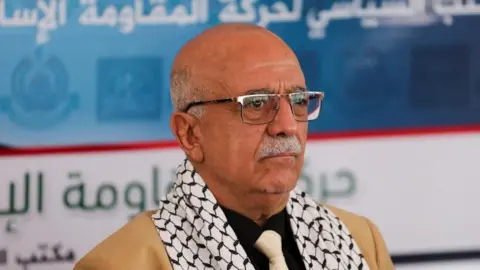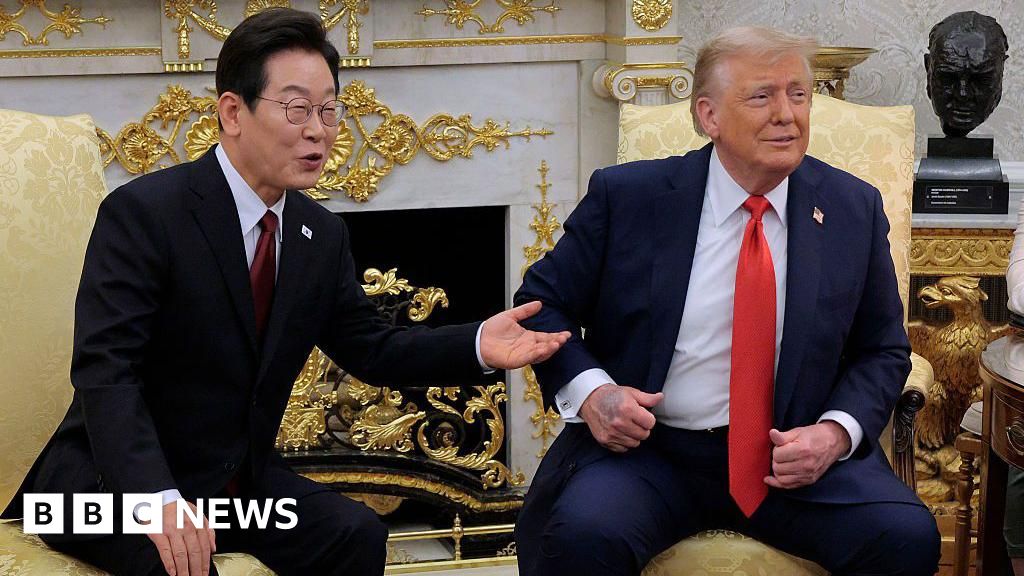Born into a political family, Abdullah had a distinguished career prior to his premiership, where he aimed to reduce the political tensions that often manifested between Malaysia's Muslim majority and its minority Chinese and Indian ethnic groups. His administration was marked by a notable increase in political discourse and the relaxation of media restrictions, which Bridget Welsh, an expert in Malaysian politics, highlighted as a crucial element of his legacy.
Despite his efforts to promote dialogue and understanding, Abdullah’s leadership was sometimes contrasted unfavorably with his predecessor's more vigorous style, leading to his being mockingly termed "the sleeping prime minister." His term began with success, including substantial victories in parliamentary elections; however, his slow tempo eventually drew criticism as expectations rose. Abdullah's emphasis on calm dialogue in an often-divided society is remembered as both a strength and a weakness as Malaysia continues to navigate its complex political landscape.
Despite his efforts to promote dialogue and understanding, Abdullah’s leadership was sometimes contrasted unfavorably with his predecessor's more vigorous style, leading to his being mockingly termed "the sleeping prime minister." His term began with success, including substantial victories in parliamentary elections; however, his slow tempo eventually drew criticism as expectations rose. Abdullah's emphasis on calm dialogue in an often-divided society is remembered as both a strength and a weakness as Malaysia continues to navigate its complex political landscape.




















